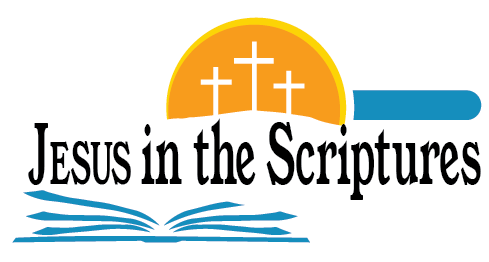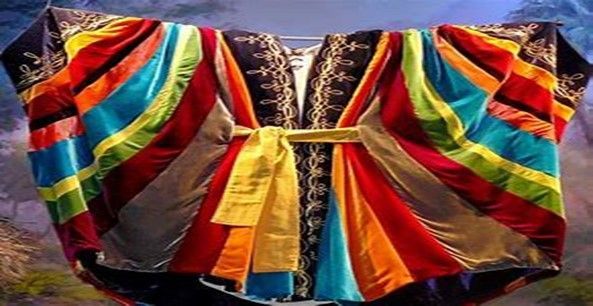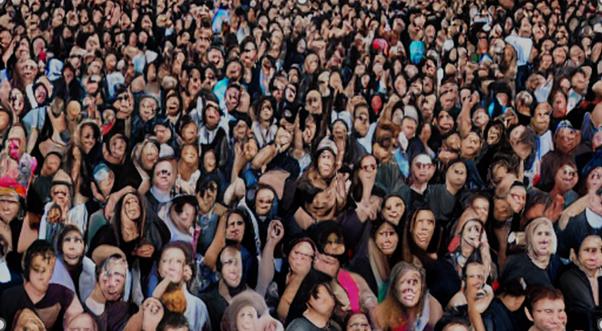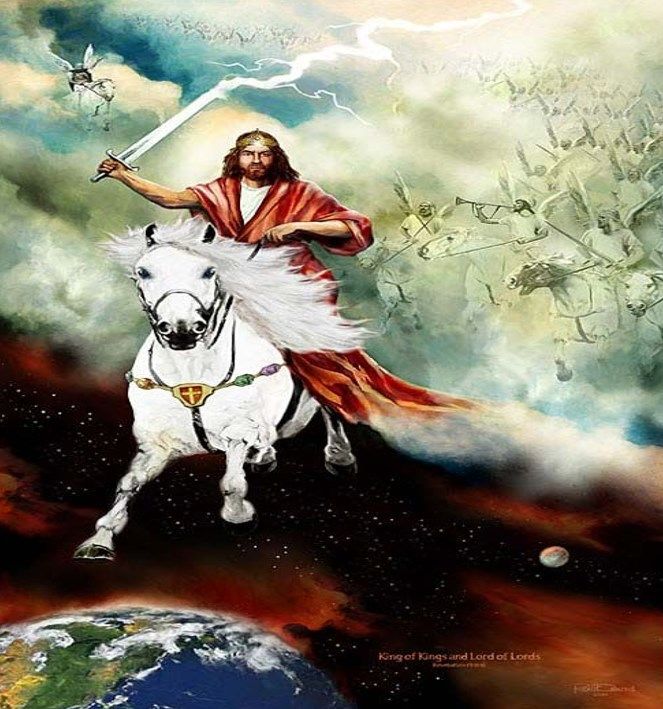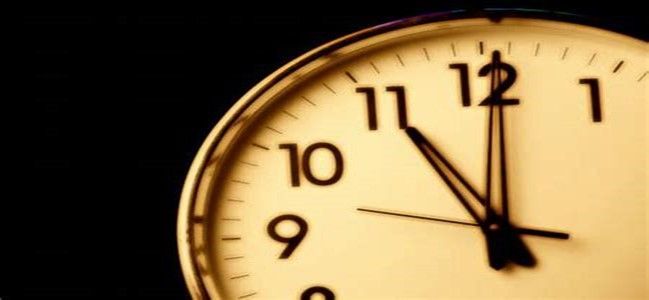Overlooking The Cross
Luke 23:3. "...looking unto Jesus the author and finisher of our faith; who for the joy that was set before him endured the cross, despising the shame, and is set down at the right hand of the throne of God."
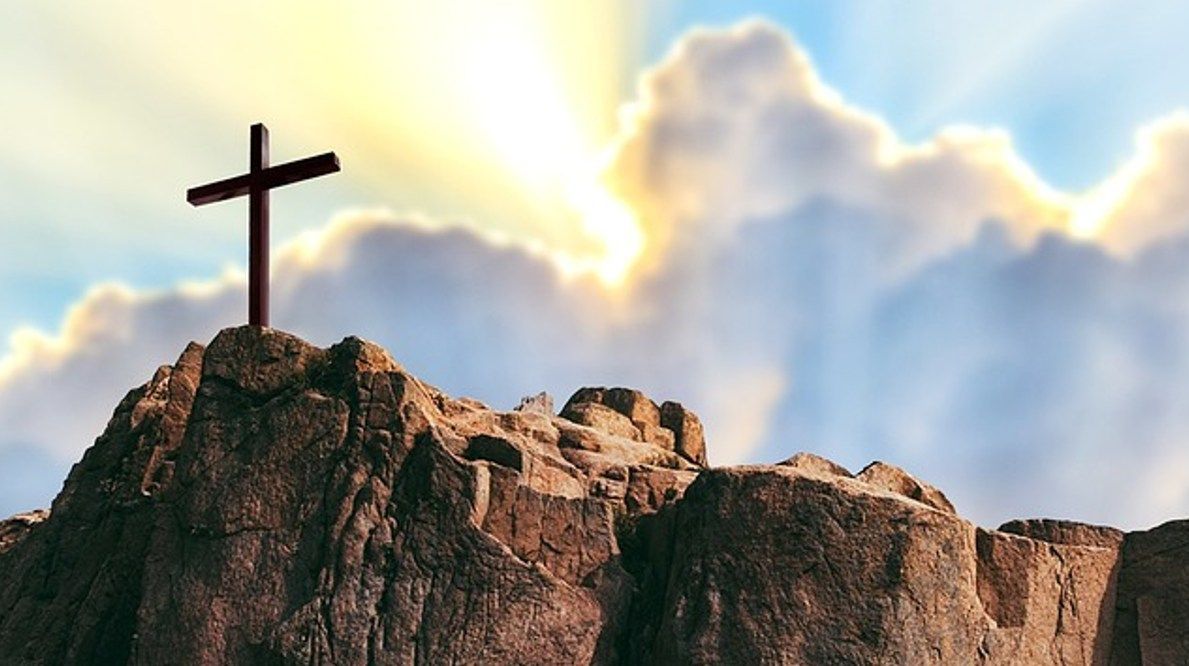
The date, 14th Nisan 30 AD. In Jerusalem, one thousand nine hundred and ninety-five years ago, a Jewish man was brought before the Jewish high priest Caiaphas, who was presiding over the Sanhedrin. Caiaphas was a Sadducee and held the office from 18 AD to 36 AD. The Jewish community thrived under the Roman Empire, but with the rise of the followers of Jesus, tensions started to mount.
They sought testimony against this Man and many false witnesses were brought. His words, “Destroy this temple and in three days I will raise it up,” were distorted. These witnesses, misled by the leaders, thought that they were doing a sacred duty to let justice prevail. When Jesus was brought before Caiaphas on that day, the Jewish Passover, Caiaphas adjured Jesus to confirm that He was the King of Jews. Jesus replied: “You have said so,” Luke 23:3. Jesus in fact, never proclaimed to be the King of the Jews, He said that His kingdom was not from this world.
Caiaphas however, interpreted this statement as an affirmation by Jesus that He claimed to be the Son of God. He recommended to the Jewish Council that it was better that one man should die, rather than the whole nation perish. His concern about the Roman tolerance of the Jewish institutions took pre-eminence over his knowledge of the way in which Jesus would die, and they deliberately made plans to kill Him. Caiaphas handed Jesus over to the Roman governor.
The Roman governor, Pilate interrogated Jesus, but He gave no answer. This response greatly amazed the governor. In the Roman legal system, the audi alteram partem rule was a fundamental principle of natural justice. It mandated that no person should be judged without a fair hearing, ensuring both parties in a dispute had an opportunity to present their case. This offered the accused of a crime the right to a trial and the legal presumption was that he was innocent until proven guilty. In Pilate’s view, Jesus had not committed any crime. But Pilate, wanting to please the crowd, offered to release another criminal in the place of Jesus. Even when given this choice, the crowds, instigated by the Jewish leaders, chose to set the criminal free. The rowdy crowd shouted, “Crucify Him, crucify Him!”
Pilate, realising he could not persuade the Jewish crowd, washed his hands before the crowd. Washing one's hands of guilt was not a gesture particular to Pontius Pilate, the Roman governor. Instead, it was a well-established Jewish custom, and part of the ritualized judicial practice at the time. A judge who could not base his ruling on investigative evidence or hard proof, but had to rely on the statements of witnesses, absolved himself from any responsibility by washing his hands. Pilate, convicted and sentenced Jesus, and took no regard of the implications of crucifying Jesus. He wilfully overlooked the implications of his verdict that in Jewish law, anyone who hung on a tree, was cursed, Deuteronomy 21:23, and handed Him over to be crucified.
As Jesus was led out to be crucified, the roused-up crowd, asserted that Jesus was misleading the Jewish nation and forbidding them to pay tribute to the Caesar. Paying tribute to Caesar was a way of acknowledging his power and rank as one of the gods in the Roman pantheon. Every nation paid this tribute to all the Caesars, and failure to pay, would result in death or imprisonment. The tribute was a penny. That this accusation was completely devoid of any truth, was borne out in Matthew 22:21 when Jesus’ response was: “Render unto Caesar what is Ceasar’s.”
Then Jesus was handed over to soldiers to be crucified. To these soldiers He was just another criminal. They mocked Him, put a scarlet robe on His shoulders, and a crown on His head. After they mocked and reviled Him, they stripped Him of His clothes and led Him away to be crucified. All in a day’s work. They took His clothes and divided it and put an inscription on the cross. “This is Jesus, the King of the Jews.” These hardened soldiers have done this job many times. In fact, next to Jesus, they crucified two robbers.
The soldiers did what they were instructed to do, having no regard to who the Man was Who had just been crucified. To them it was just another criminal who was convicted by justice system of the mighty Roman Empire. The inscription on cross, elicited people to deride and mock Jesus. The words of the passersby, “If You are the Son of God, come down from the cross, were lost in their ignorance of what had just happened on the cross.
From the sixth hour to the ninth hour, there was darkness over the land. When Jesus cried out Eli, Eli, lema sabachthani, some of the bystanders, probably Jews, interpreted the words, as Jesus calling Elijah. To them Jesus did not fulfil the expectation of the prophesied Messiah and they downplayed the crucifixion. In response to Jesus’ words, “I thirst,” they ran and filled a sponge with sour wine and gave it to Jesus.
And then Jesus cried out, “It is finished.” The temple curtain tore, there was an earthquake and the tombs were opened. The response of the guards who were keeping watch over Jesus was, “Truly, this was the Son of God.” Only by the display of these signs, did they realise that the cross of Calvary was the place where the Son of God paid the price for the salvation of the world.
For different reasons all these people overlooked the cross: Caiaphas, because of his preference to rather save the Jewish nation; the witnesses, because of their misplaced pursuit of truth and justice; Pilate, because of his unwillingness to let a riot erupt and thereby jeopardise his authority and the crowd, because they were deceived by the Jewish leaders. The soldiers overlooked the cross because they were just executing orders. The bystanders overlooked the cross because of their disbelief in Jesus. He did not measure up to their expectation of Who the Messiah was. To them, the Messiah would free them from the oppression of the Roman Empire. And the guards who were keeping watch over Jesus, realised too late He was the Son of God.
The Son of God, a High Priest, after the order of Melchisedek, also overlooked the suffering and pain of death on the cross. He is the King of Righteousness, and the Redeemer of the world. He offered Himself willingly as a sacrifice for the sin of the world. He was obedient to death on the cross to purify our consciences from dead works. He humbled Himself, despised the shame and died on the cross to destroy the works of the devil. He, according to Hebrews 12:2, overlooked the cross for: “the joy that was set before Him.” For this reason, He was given a name above every name, JESUS. He rose from the dead and ascended to heaven where He is seated at the right hand of the Father, from where He will come to judge the world.
Therefore, let us throw off everything that hinders and the sin that so easily entangles. And let us run with perseverance the race marked out for us and keep our eyes fixed on the crucified and risen Christ, Jesus.
“Looking to Him, the Author and Finisher of our faith.”
